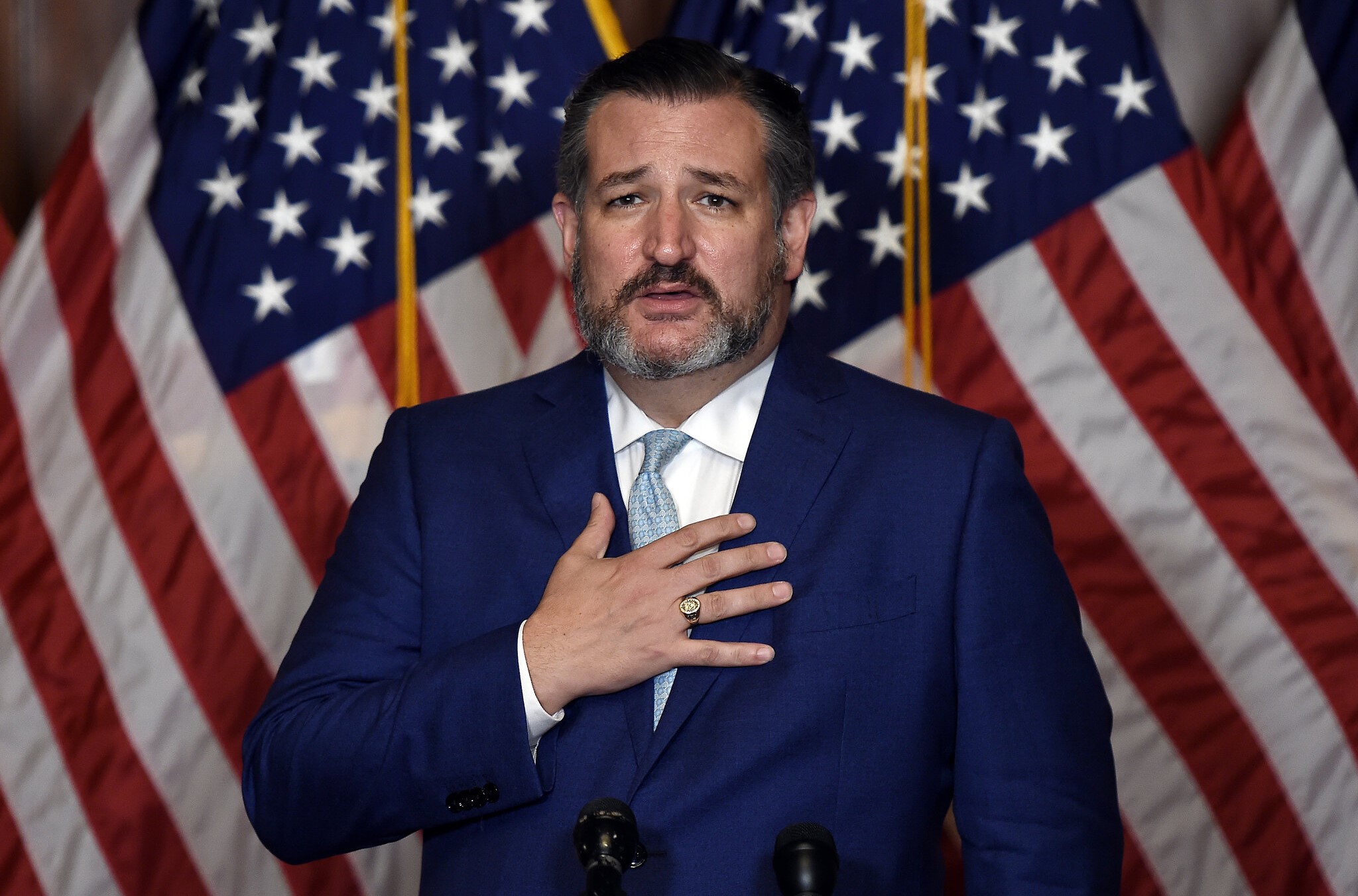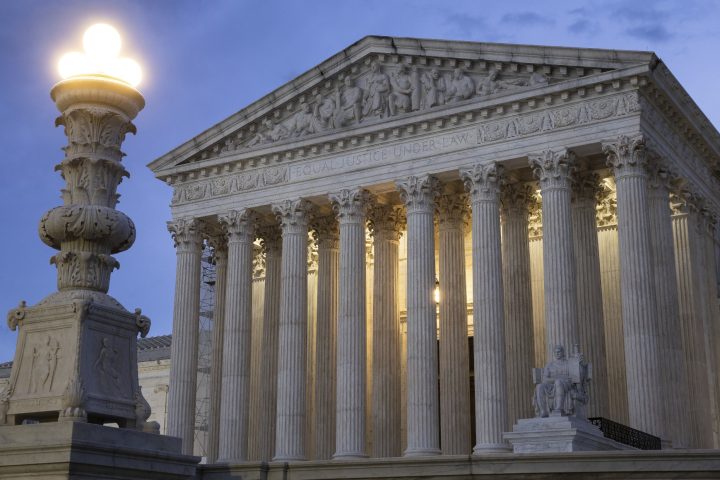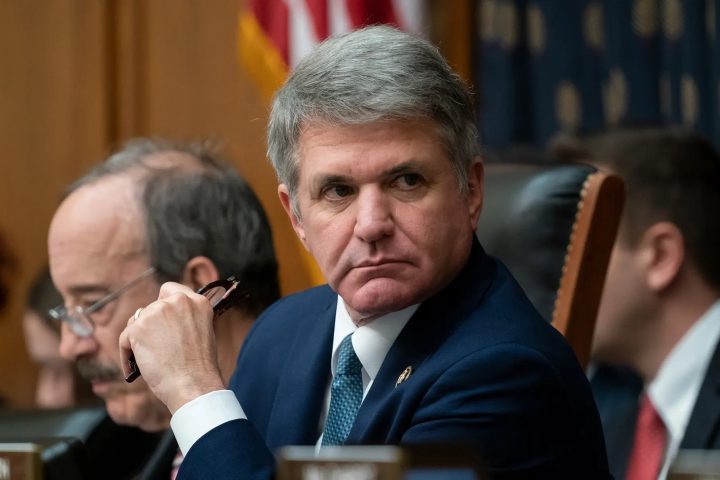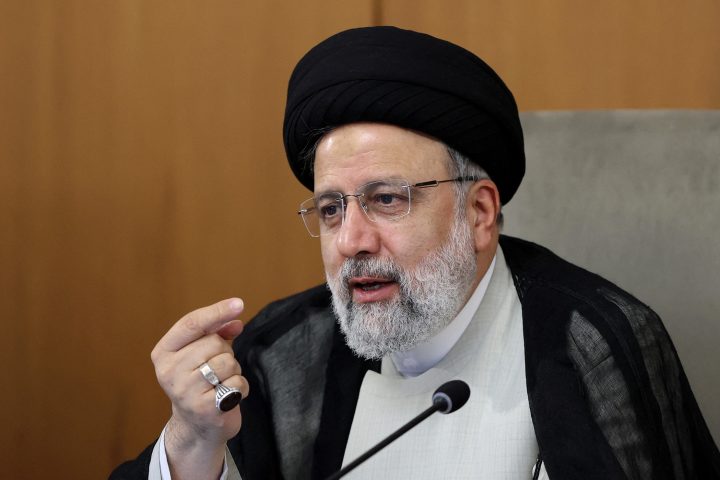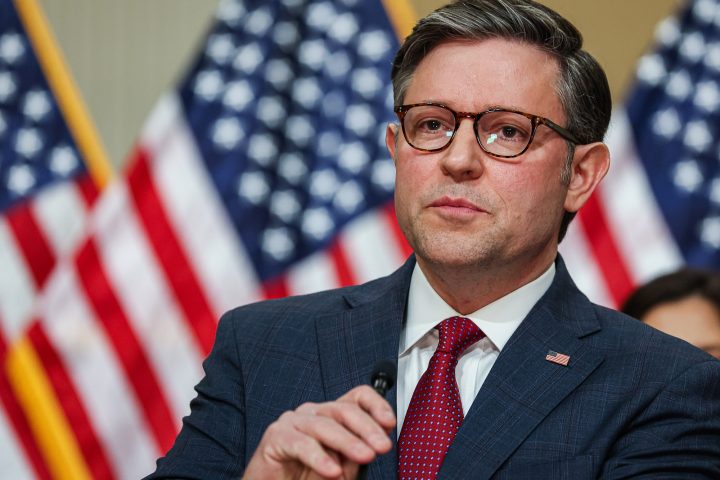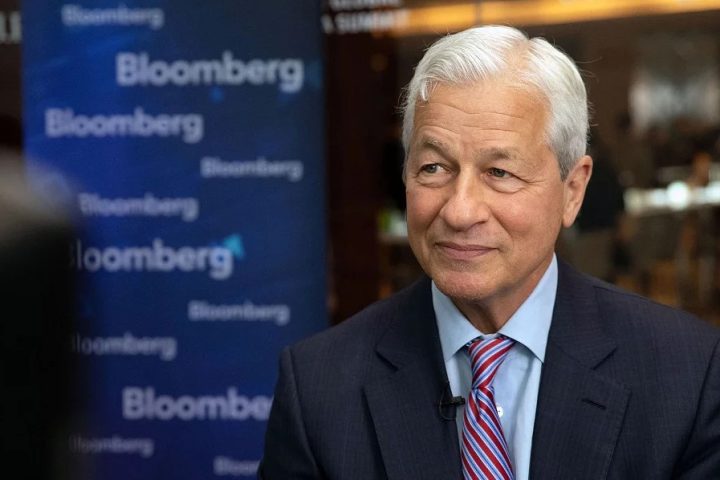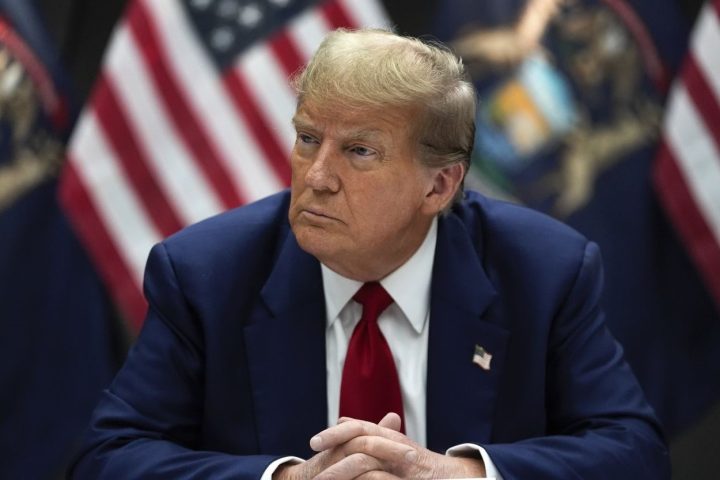Senator Ted Cruz (R-TX) has launched a scathing critique against leftist Mexican President Andrés Manuel López Obrador, known as AMLO.
This week, in response to AMLO’s demand for billions of dollars from the U.S. and support for Marxist regimes, threatening continued illegal immigration into the United States.
Cruz’s rebuke follows AMLO’s claims in a recent interview that aired on Sunday, where he boasted of ending corruption in Mexico and downplayed the hundreds of political assassinations that occur annually in his country as inconsequential to democracy.
Earlier this year, AMLO insisted that the U.S. must provide significant financial aid to Latin American countries, grant work visas to millions of illegal aliens, lift sanctions on Venezuela, and end the embargo on Cuba if it wanted assistance in stemming the flow of illegal immigrants through the southern border.
“Notice his demands. His demands are to end the embargo against Cuba. And end the sanctions against Venezuela,” Cruz emphasized on his “Verdict” podcast. “He’s standing with communist dictators in Cuba and Venezuela. That’s why he aligns himself with the hard-left anti-American Communist axis throughout Latin America. That’s who AMLO is. So it’s not surprising. That’s who he’s always been.”
“Is he trying to extort America? Of course,” Cruz remarked, drawing parallels between AMLO’s demands and tactics akin to those of organized crime. “‘Nice little bar you got here, shame if something happened to it. Boy, a fire would do real damage.’ He said, ‘Well, we’ll keep these migrants coming. Unless you pay us off. Just you know, a bag of cash each week would be good. I’ll send my guys to pick it up.’”
Cruz further asserted that AMLO, whose approach to dealing with drug cartels is famously called “hugs not bullets,” isn’t intimidated by President Joe Biden, whom he perceives as weak.
Cruz’s condemnation of AMLO’s demands underscores the ongoing tension between the U.S. and Mexico over immigration policies and ideological differences.
As the debate continues, it remains to be seen how the Biden administration will navigate this delicate diplomatic and border security challenge.

